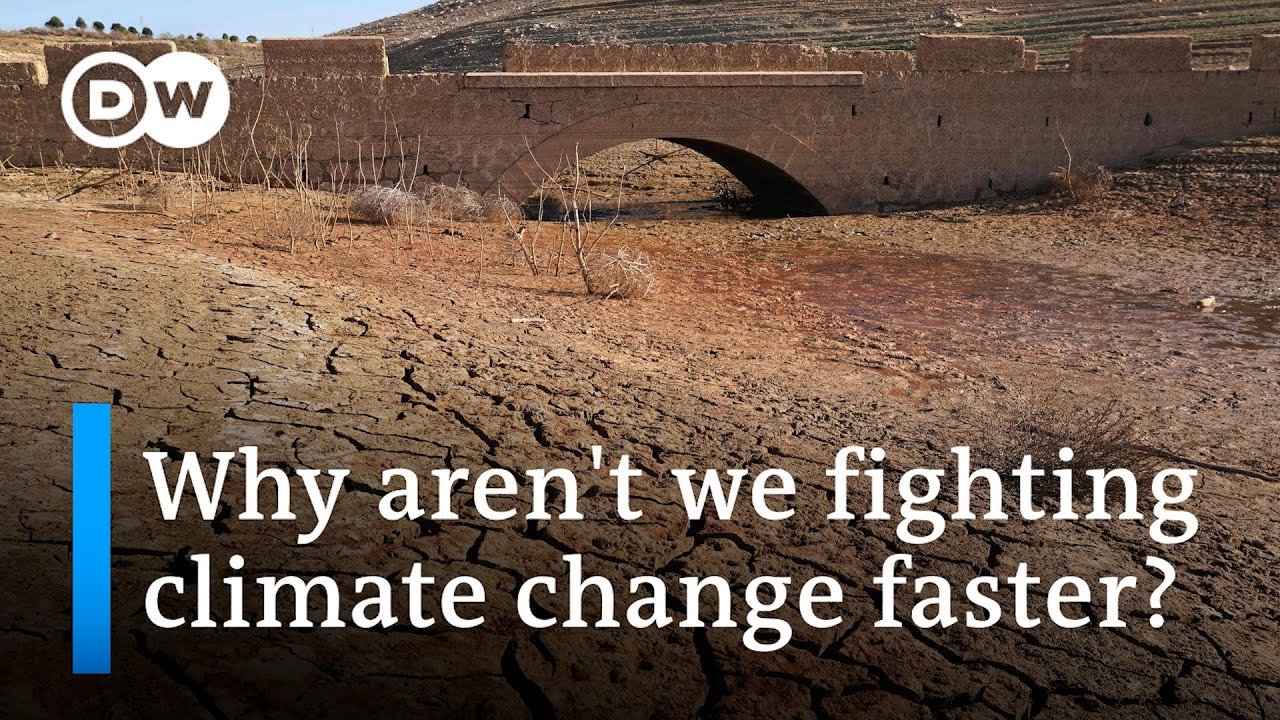A recent report by the UN’s World Meteorological Organization highlights a stark warning: global temperatures, greenhouse gas emissions, and ocean heat reached record highs last year, leading to widespread marine heatwaves and coral bleaching. This deterioration of marine ecosystems poses significant threats to biodiversity and coastal economies worldwide. Innovative conservation efforts, like the coral adoption program in Goa, India, aim to mitigate some of these impacts by relocating corals to more suitable waters. However, the overall picture remains grim, with projections indicating severe habitat destruction, loss of flora and fauna, and increasingly uninhabitable conditions across many parts of the globe if current trends continue.
- Global temperatures, greenhouse gas emissions, and ocean heat set new records last year, according to the UN’s World Meteorological Organization.
- 90% of the world’s oceans experienced heatwaves last year, leading to widespread coral bleaching and economic losses in coastal communities.
- In Goa, India, volunteers and marine biologists are relocating coral reefs to more habitable waters as part of a conservation effort.
- Approximately 50-60% of the world’s corals have been lost, with many more under threat due to rising global temperatures.
- The “Adopt a Coral” program in Goa engages tourists and locals in conservation efforts by sponsoring coral relocation and monitoring.
- Climate change is causing destruction to habitats, loss of biodiversity, and unlivable conditions in many parts of the world.
- Increased intensity and frequency of heatwaves, tropical cyclones, and other extreme weather events are direct consequences of climate change.
- Food insecurity has dramatically increased, with more than 300 million people affected due to climate-related changes.
- Effective messaging and storytelling are crucial for conveying the urgency of the climate crisis and mobilizing action.
- Climate financing has doubled in recent years, and renewable energy sources like wind, solar, and hydro are on the rise.
- Despite some positive developments, the overarching trend of global warming and its impacts are likely to continue, with more records expected to be broken.
DW News is a global news TV program broadcast by German public state-owned international broadcaster Deutsche Welle (DW).
AllSides Media Bias Rating: Center
https://www.allsides.com/news-source/deutsche-welle-media-bias
Official website: https://www.dw.com
Original video here.
This summary has been generated by AI.
